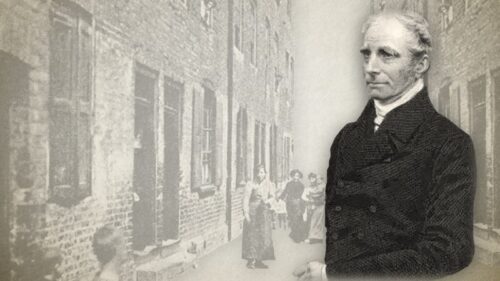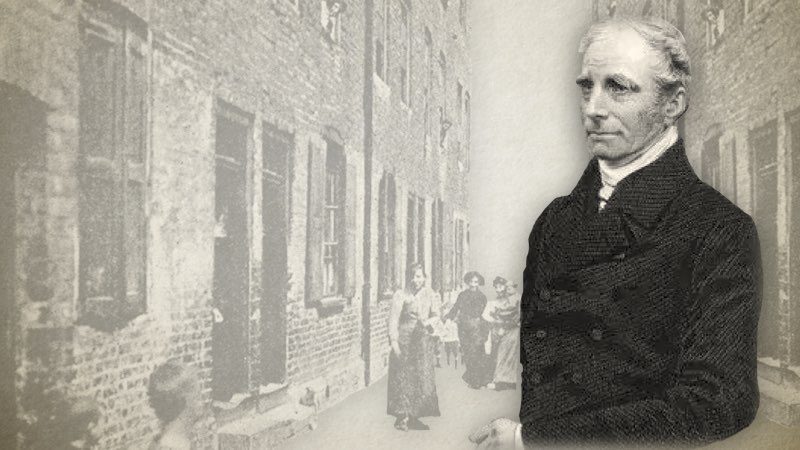-
220 Synod
SYNOD A meeting or assembly of ecclesiastical persons to consult on matters of religion. Of these there are four kinds, viz. 1. General, where bishops, &c. meet from all nations. These were first called by the emperors; afterwards by Christian princes; till in later ages, the pope usurped to himself the greatest share in this business, and by his legates presided in them when called.--2. National, where those of one nation only come together to determine any point of doctrine or discipline. The first of this sort which we read of in England was that of Herudford, or Hertford, in 673; and the last was that held by Cardinal Pole, in 1555.--3. Provincial, where those only of one province meet, now called the convocation.--4. Diocesan,…
-
219 Martyr
MARTYR Is one who lays down his life or suffers death for the sake of his religion. The word is Greek, and properly signifies a "witness." It is applied by way of eminence to those who suffer in witness of the truth of the Gospel. The Christian church has abounded with martyrs, and history is filled with surprising accounts of their singular constancy and fortitude under the cruelest torments human nature was capable of suffering. The primitive Christians were accused by their enemies of paying a sort of divine worship to martyrs. Of this we have an instance in the answer of the church of Smyrna to the suggestion of the Jews, who, at the martyrdom of Polycarp, desired the heathen judge not to suffer…
-
218 Brownists
BROWNISTS A sect that arose among the puritans towards the close of the sixteenth century; so named from their leader, Robert Brown. He was educated at Cambridge, and was a man of good parts and some learning. He began to inveigh openly against the ceremonies of the church, at Norwich, in 1580; but, being much opposed by the bishops, he with his congregation left England, and settled at Middleburgh, in Zealand, where they obtained leave to worship God in their own way, and form a church according to their own model. They soon, however, began to differ among themselves; so that Brown, growing weary of his office, returned to England in 1589, renounced his principles of separation, and was preferred to the rectory of a…
-
217 Unitarians
UNITARIANS Those who confine the glory and attributes of divinity to the Father, and not allowing it to the Son or Holy Spirit. They are the same as the Socinians.
-
216 Socinians
SOCINIANS A sect so called from Faustus Socinus, who died in Poland in 1604. There were two who bore the name Socinus, uncle and nephew, and both disseminated the same doctrine; but it is the nephew who is generally considered as the founder of this sect. They maintain "that Jesus Christ was a mere man, who had no existence before he was conceived by the Virgin Mary; that the Holy Ghost is no distinct person; but that the Father is truly and properly God. They own that the name of God is given in the holy Scriptures to Jesus Christ, but contend that it is only a deputed title, which, however, invests him with a great authority over all created beings. They deny the...
-
215 Semi-Arians
SEMI-ARIANS Were thus denominated, because, in profession, they condemned the errors of the Arians, but in reality maintained their principles, only palliating and concealing them under softer and more moderate terms. They would not allow, with the orthodox, that the Son was of the same substance, but only of a like substance with the Father; and thus, though in expression they differed from the orthodox in a single letter only, yet in effect they denied the divinity of Jesus Christ. The Semi-arianism of the moderns consists in their maintaining that the Son was, from all eternity, begotten by the will of the Father; contrary to the doctrine of those who teach that the eternal generation is necessary. Such, at least, are the respective opinions of…




